 | And like every year, we have a new round of doom and gloom news. Last year it was Evergrande and Omicron which were supposedly gonna plunge us into 2008 2.0. This year it's Fed rate hikes and the war in Ukraine. Which do have legitimate concerns. Just like I explained in my past post on how Evergrande's causes were a little overblown, and digging into the data a 2008 2.0 wasn't as probable as the news made it out to be. A recession is definitely possible. We could have a 2008 crash from here. But once again, it may not be as probable, much less a 100% certainty, as so many people try to paint it. For instance, while Fed rates are increasing, they are not increasing to the point where cost of borrowing will be too high. They are only increasing from near 0, to the same rates we had pre-covid. So the cost of borrowing will be higher, but still dirt cheap, and still at historic lows. Is there any issues on the tech side?Whether there will be a fallout or not, when thinking about what you will do long term, think about what has changed about the tech. When you invest in something like crypto, you are essentially investing in a software and tech solution. You are investing into a network with a powerful algorithm called the blockchain. And you find value in this because of problems it can solve. And crypto solves a lot more problems than people realize. It's even use by companies worldwide to to solve business problems. Blockchain is more powerful than people realize. Whether that problems is creating decentralized money and currency that removes corruption and gives you control, or makes you your own bank, gives you a store of value, an international currency, a solution for money transfer...or even goes beyond that and solves problems for the financial industry, financial technologies, for supply chains, IOT, web 3.0, databases, oracles, AI, scientific research, healthcare, agriculture, inventory, logisitcs etc... In either case, the value derives from what people are able to do with it, and gain from it. Typically in a problem it can solve. As long as the tech works, the problem can be solved, and increasingly more people and companies are using it to solve those problems, then what has changed? The only thing that changes is the speculation side. The price swings and volatility is more about speculation than fundamentals.The speculation is what generates the big price swings. The price doesn't have a quick peak or dip because suddenly Bitcoin has a change in its tech or utility. The price will swing because of internal speculation and more about the trading features of the market than the tech features of Bitcoin. And often, in the case of a dip, it will more likely be a case of a response to the price going up too quickly, and then longs getting liquidated, causing a massive dip. And the price will then rise quickly again, from an opportunity of the liquidation causing an oversold situation. The response may cause shorts to get liquidated, and the price to quickly go sky high. And the cycle continues in this high volatility. And that hasn't changed. Markets don't care about macros as much as people think, much less logic.It's much more about how many shorts and longs are getting liquidated, how overbought or oversold the market is, how the price has moved, than macro economics or what goes on in the world. We've seen how China shutting down miners didn't bring the price down, as it was already in oversold and longs were already liquidated. Instead, the market went from $30K to 50K, despite the major negative news. Even when the market was starting to freakout about the potential fallout of Evergrande last September, with many experts calling it 2008 2.0, Bitcoin went on to find a new ATH. Many people were predicting a financial crisis and major recession. When war broke out, Bitcoin, which was supposed to tank according to some of the experts, ended up going on a little bullish run. There's a lot of talks about Bitcoin simply following stocks. While Bitcoin has recently gone from having next to no correlation to having a little bit more of correlation, that increase in correlation still doesn't make it 1:1 with stocks. In fact, it hasn't even hit 0.8 in correlation. It has only been able to occasionally peak at around 0.5-0.6 in correlation, which is only a moderate correlation. Still doing its own thing half the time. The data: https://charts.coinmetrics.io/correlations/ ConclusionAt the end of the day, traders, quants, bots, aren't trading based on macros, they trade based on supply and demand. The supply and demand of options contract, derivatives, buy/sell orders. The speculation side and extrinsic value, is where the real money is made. Not the intrinsic, much less the macro economics. Which is why you often see Wall Street so out of sync with main street. And also why markets seem so irrational. And that same is happening in crypto. It's the speculation driving the short term trends, and causing all that short term volatility. Long term, the trend is very clear, and seems to follow more the growing adoption, and the trend of how crypto is increasingly being used by businesses and individuals around the world, as a tech and financial solution. [link] [comments] |

You can get bonuses upto $100 FREE BONUS when you:
💰 Install these recommended apps:
💲 SocialGood - 100% Crypto Back on Everyday Shopping
💲 xPortal - The DeFi For The Next Billion
💲 CryptoTab Browser - Lightweight, fast, and ready to mine!
💰 Register on these recommended exchanges:
🟡 Binance🟡 Bitfinex🟡 Bitmart🟡 Bittrex🟡 Bitget
🟡 CoinEx🟡 Crypto.com🟡 Gate.io🟡 Huobi🟡 Kucoin.


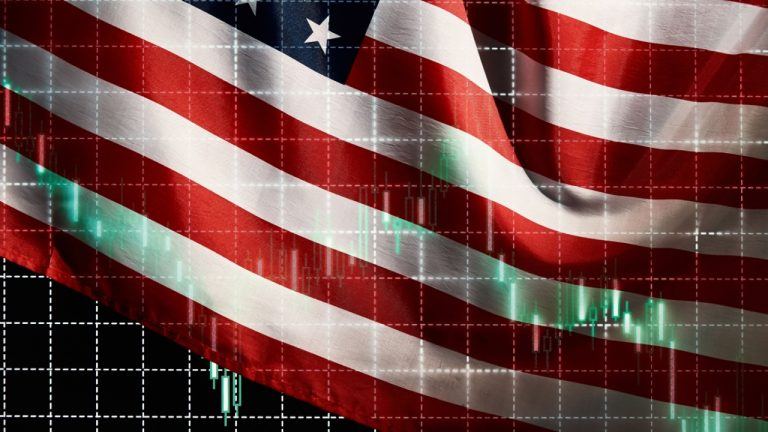


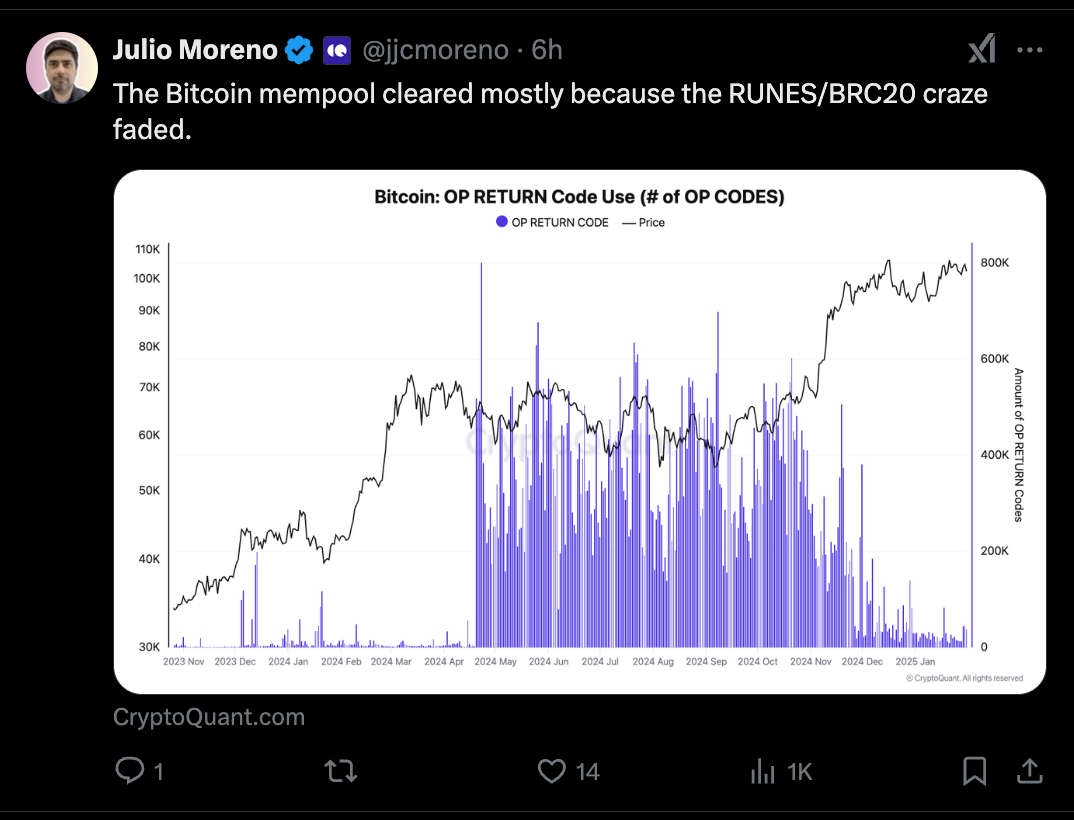

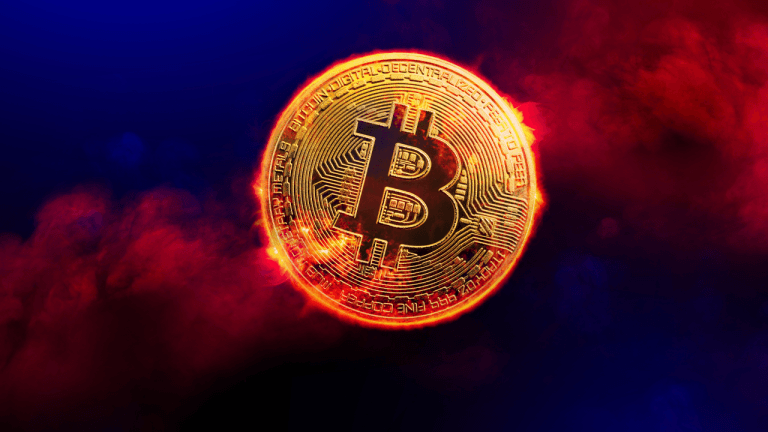
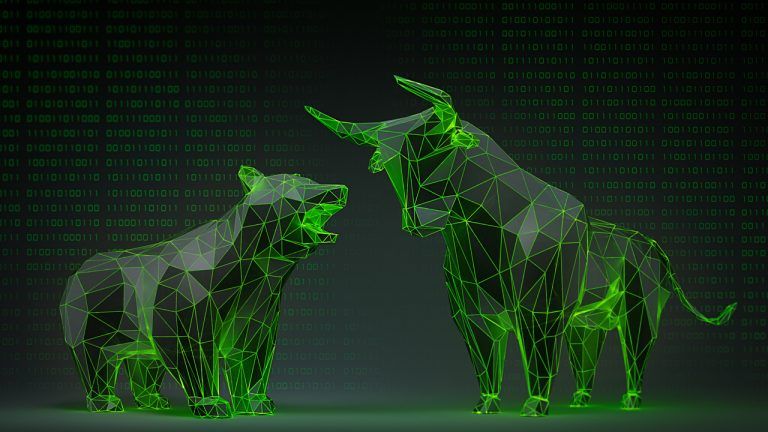



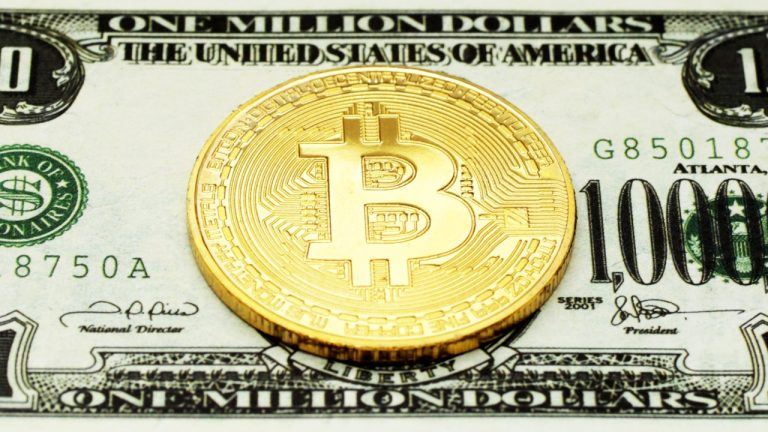




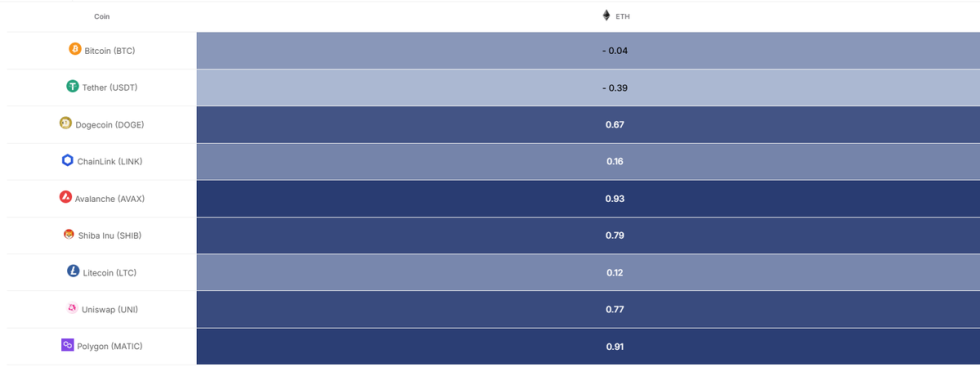


Comments